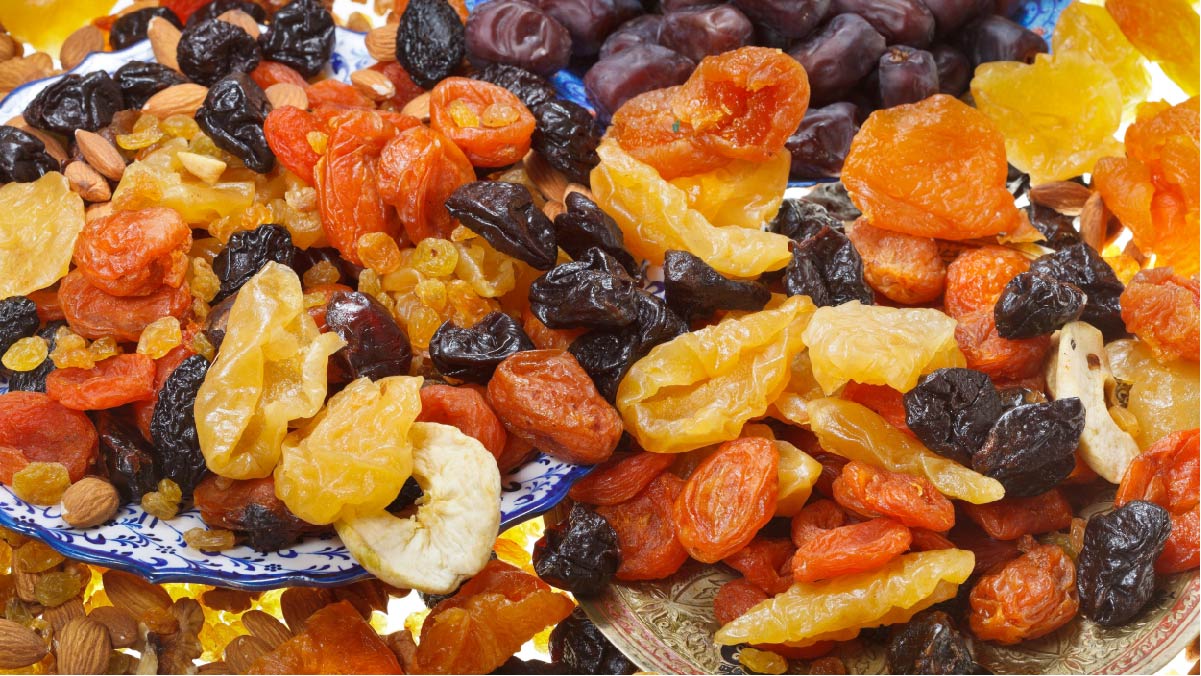Development of the agricultural sector, with focus on crops other than traditional cotton and wheat, is an important policy of the Government of Uzbekistan, as indicated by the Economic Reform Roadmap of December 2018, and Uzbekistan's Agriculture Development Strategy for 2020-2030, approved in October 2019. Fostering the dried fruits value chain for export has the capacity to improve the livelihoods of the low-income population residing in rural areas, notably including women, for whom agriculture in rural areas constitute a key source of employment and income in general.
Uzbekistan produces and exports a rich array of dried fruits, including raisins, prunes, and dried apricots. The value of Uzbek dried fruit exports has grown 46.8 per cent between 2017 and 2019, from US$ 99 million to US$ 145.4 million. Dried grapes constitute the lion's share of the country's dried fruit exports (71.9 per cent of dried fruit exports in 2019), as Uzbekistan exported US$ 104.6 million of dried grapes in 2019, making it the sixth largest dried grape exporter worldwide. Exports of prunes and dried apricots during the period were US$ 15.8 million and US$ 11.2 million, respectively. The three products concentrate 90.5 per cent of the dried fruit exports of Uzbekistan. However, while exports of dried fruits from Uzbekistan have been growing, they remain very concentrated in a few markets.
During UNCTAD's project "Integrating Landlocked Commodity Dependent Developing Countries into Regional and Global Value Chains", empirical-based research and policy discussions with public, private, and international development stakeholders indicated that producers and traders have insufficient knowledge about international standards and certifications. Considering the variety of the standards to access international dried fruit markets, it became evident that there is a need for a training on international quality standards and certification systems.
Also, research and policy discussions indicated the importance of quality control along the value chain, as a conditioning factor for the quality of export produce. For example, while the method of drying is very important in defining the quality of finished dried fruit, in Uzbekistan the chosen method of drying is often direct sun drying, which can negatively affect the quality of dried fruit.
On the basis of these findings, UNCTAD is implementing a training activity on May 25th and 26th, 2021, with the objective of strengthening knowledge and skills of both public and private stakeholders of the Uzbekistan dried fruit sector, on international standards and quality issues all along the of the dried fruit value chain.
The training will be conducted in the Uzbek language.
For participants registration, please send a request to [email protected] before 23 May 2021.

